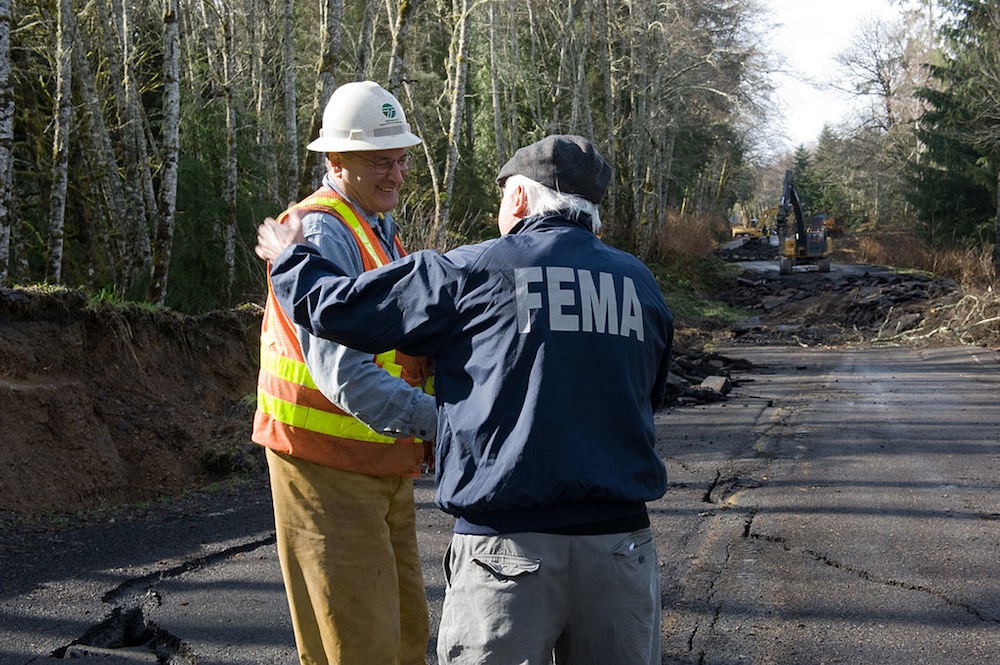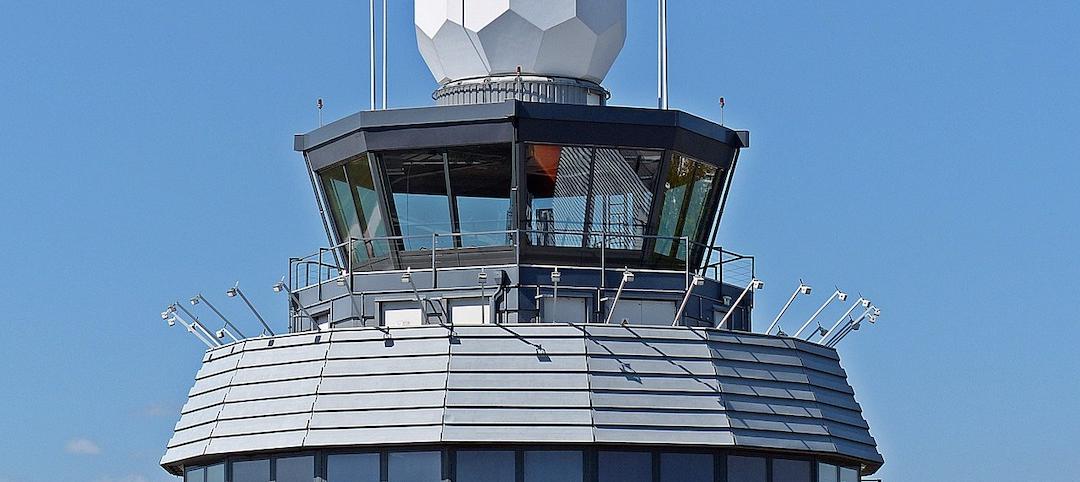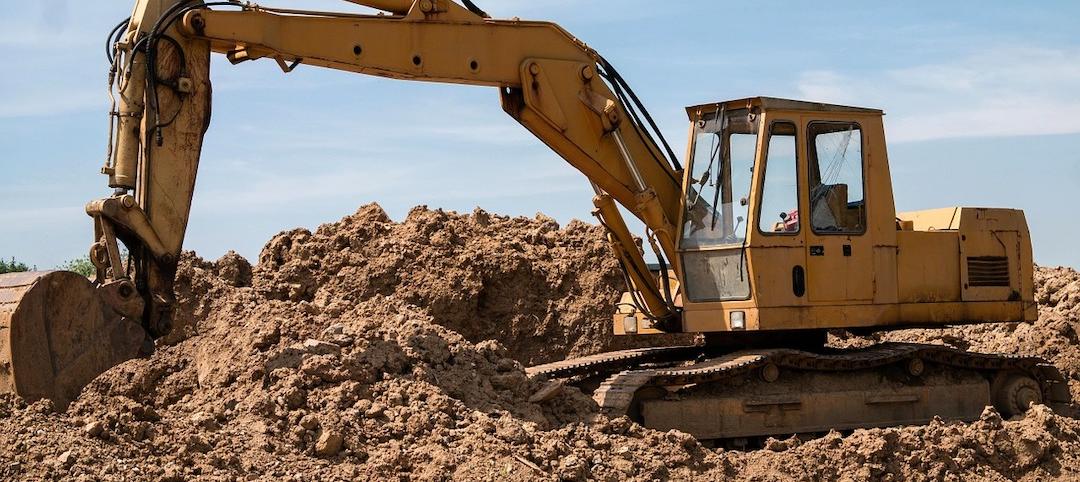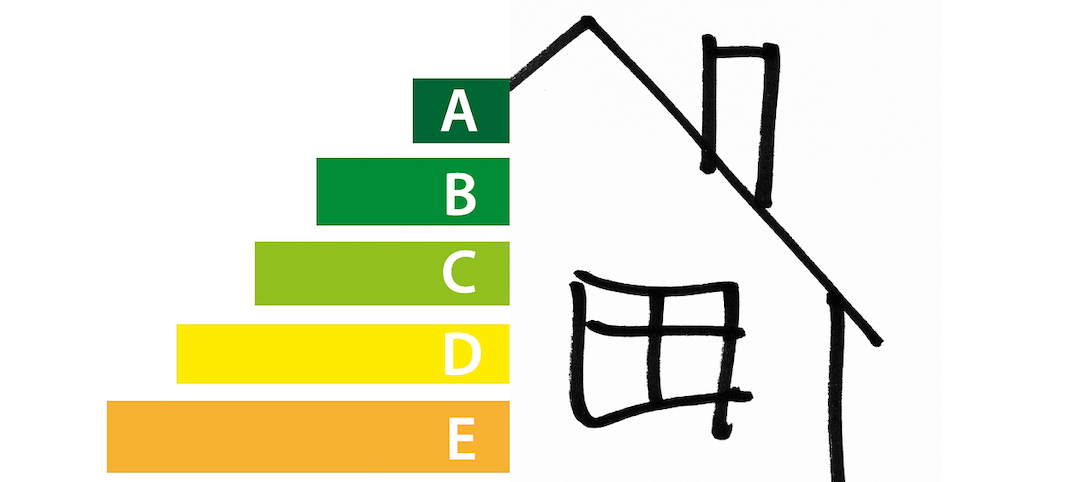An analysis of tidal levels and flood data by the news organization Reuters concludes that flooding has increased along the Eastern Seaboard over the past four decades.
During that period, the number of days a year that tidal waters reached or exceeded National Oceanic and Atmospheric Administration flood thresholds more than tripled in many places. The trend roughly tracks a global rise in sea levels, with an average rise of 8 inches in the past century, according to the 2014 National Climate Assessment.
At flood threshold, water begins pool on streets. If it rises beyond that point, it can close roads, damage property, and overwhelm drainage systems. Since 2001, water has reached flood levels an average of 20 days or more a year in Annapolis, Maryland; Wilmington, North Carolina; Washington, D.C.; Atlantic City, New Jersey; Sandy Hook, New Jersey; and Charleston, South Carolina. Before 1971, none of those locations averaged more than five days a year of flooding.
Reuters’s analysis was based on more than 25 million hourly tide-gauge readings from nearly 70 sites on the Atlantic, Gulf, and Pacific coasts and a comparison of that data to NOAA flood thresholds. Reuters then narrowed the analysis to 25 gauges with data spanning at least 50 years. The organization plans to publish a more in-depth examination of rising sea levels later this year.
(http://www.reuters.com/article/2014/07/10/us-usa-sealevel-flood-idUSKBN0FF20220140710)
Related Stories
Codes and Standards | Nov 29, 2021
Ithaca, N.Y., votes to electrify, decarbonize all its buildings
First initiative of its kind in U.S.
Codes and Standards | Nov 29, 2021
FAA seeking design of air traffic control towers of the future
Call for design submissions for safe, efficient structures.
Codes and Standards | Nov 28, 2021
Efficient electric water heaters in multifamily buildings significantly reduce carbon emissions
In buildings with 5+ units, water heating uses more energy than space heating, cooling, or lighting.
Codes and Standards | Nov 23, 2021
New York’s Labor Law Section 240 and how it affects general contractors
The ‘Scaffold Law’ was first enacted by the New York State Legislature in 1885 and is one of the single most-used laws in construction accident cases.
Codes and Standards | Nov 22, 2021
ABC’s Construction Technology Report finds focus on solving operational problems
More than half rely on project management software.
Codes and Standards | Nov 22, 2021
Contractors say 811 utility location system has significant flaws
More than half of firms in survey report damages, near misses because lines were unmarked or marked incorrectly.
Codes and Standards | Nov 19, 2021
Creating net-zero/net-positive buildings is top priority in Green Building Trends 2021 report
Findings also demonstrate compelling business case for building green.
Codes and Standards | Nov 19, 2021
Construction Startup Competition 2021 awards highlight tech innovations
AI-powered software to identify and explain critical issues in construction contracts takes top prize.
Codes and Standards | Nov 18, 2021
Infrastructure bill contains $5 billion for energy efficiency in buildings
Wide range of programs to reduce energy use, improve materials, train workers.
Codes and Standards | Nov 17, 2021
Skanska will provide embodied carbon assessments on all new projects over 53,000 sf
Will use the Embodied Carbon in Construction Calculator it helped create.

















